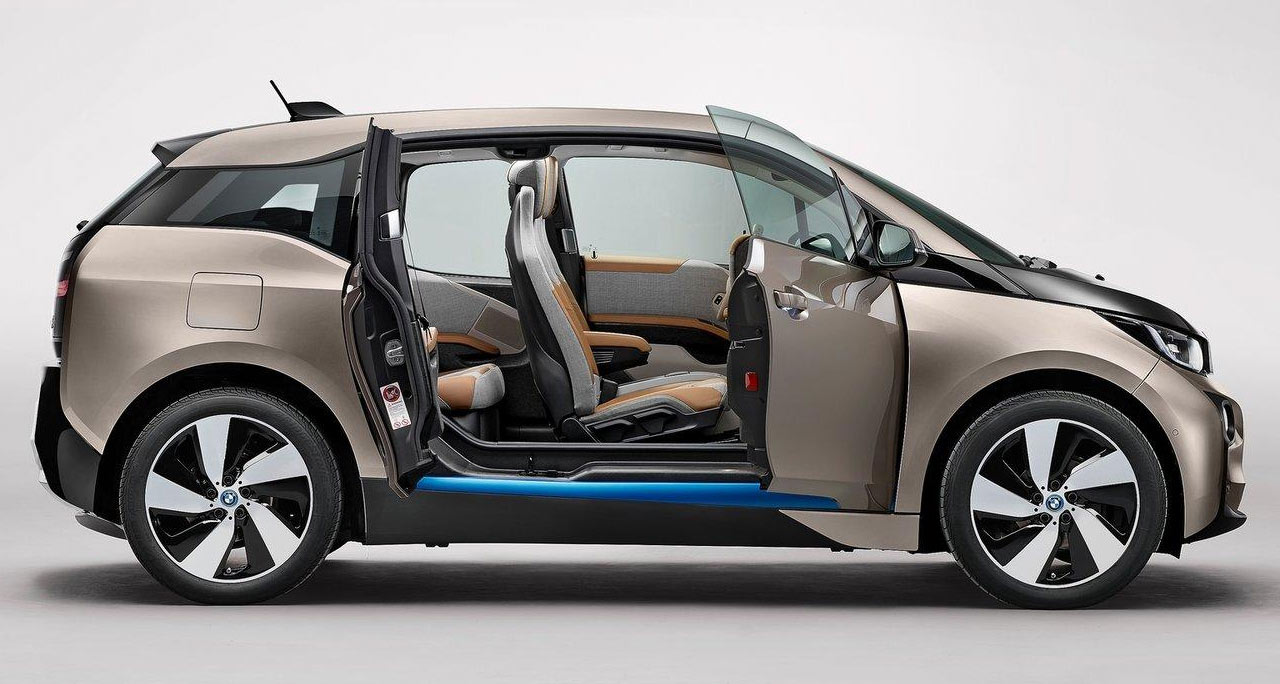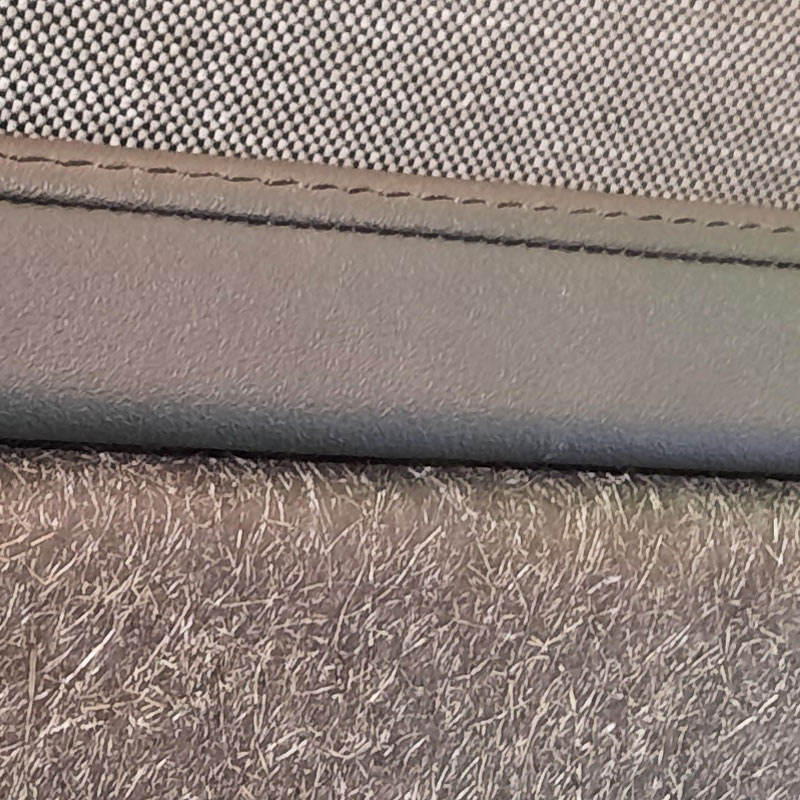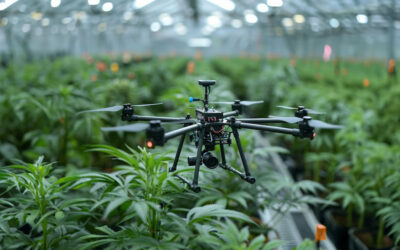
Hemp In The Automotive Industry
Revolutionising the Automotive Industry with Sustainable Solutions
Hemp’s versatility extends beyond traditional applications, making its way into the automotive sector as a key ingredient in the development of eco-friendly vehicles. Thanks to its high cellulose content, hemp serves as a crucial component in the creation of robust and lightweight composite materials, offering a sustainable alternative to conventional automotive materials.
Breaking Boundaries: Hemp Plastics Stronger Than Steel
Pioneering Plant-Based Solutions in Automotive Engineering
While many plastics originate from fossil fuels, hemp-based plastics have emerged as a sustainable alternative with a long history. In 1941, the Ford Motor Company unveiled a groundbreaking material composed of 70% cellulose fibre and 30% resin binder, with 10% of the fibre content sourced from hemp. Ford’s innovative approach yielded exterior panels stronger than steel, showcasing the remarkable potential of hemp in automotive manufacturing.
A Resilient Revival: Hemp in Modern Automotive Design
Elevating Efficiency and Sustainability in Electric Vehicles
With hemp cultivation legal once more, the automotive industry is experiencing a resurgence of interest in hemp-based materials. In 2013, BMW embraced hemp as a key material in their groundbreaking electric car, the i3. Recognizing the importance of weight reduction in electric vehicles, BMW incorporated hemp into the interior panels of the i3, resulting in a substantial weight saving of approximately 350 kilograms. This strategic move aligns with BMW’s commitment to reducing its carbon footprint by 40% per vehicle by 2030, showcasing hemp’s role in achieving sustainability goals.
Driving Towards a Greener Future: Hemp Across Automotive Brands
Embracing Hemp’s Potential Across Automotive Manufacturers
BMW is not alone in its utilization of hemp in automotive manufacturing. Porsche, Mercedes, Lotus, Peugeot, and Volvo have also integrated hemp into their vehicles, leveraging its lightweight properties and environmental benefits. From the Lotus Eco Elise, the first road car to incorporate hemp into its production, to Peugeot’s adoption of hemp plastics for weight reduction in interiors, hemp is increasingly recognized as a valuable resource in automotive engineering.

Hemp fibres from the BMW i3 on display in the Museum
Looking Ahead: The Promising Future of Hemp Plastics
Unlocking Potential Through Continued Innovation
While the automotive industry faces challenges in scaling up hemp-based production, ongoing research and development efforts promise a future where hemp plastics play a prominent role in everyday items. As manufacturers continue to explore the potential of hemp, its adoption is poised to expand, driving sustainability and innovation across the automotive sector.









































